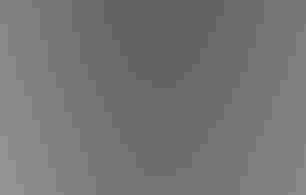
In her piece “I’ll See You When I Get There,” artist Kirsten Furlong uses ink and acrylic to capture the birds’ seemingly magical journeys.

Vice President and Chief Scientist

Senior Director, Climate & Community Science
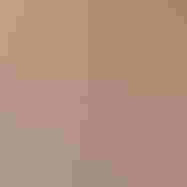
Program Manager, Migratory Bird Tracking
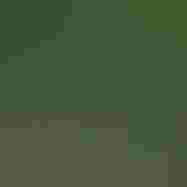
Director, Migration Science
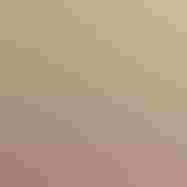
Senior Director, Migratory Bird Initiative

Senior Manager, Spatial Ecology
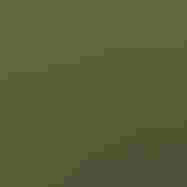
Community Science Manager
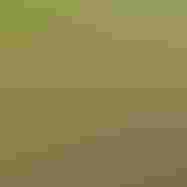
Senior Coordinator, Quantitative Science
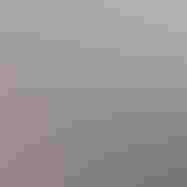
Senior Manager, Science Communications
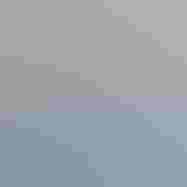
Director, Spatial Conservation Planning

Director, Conservation Social Science
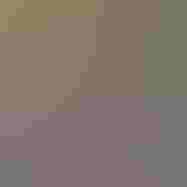
Director, Community Science

GIS and Data Science Specialist
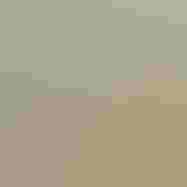
Spatial Ecologist
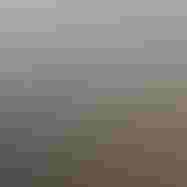
Senior Manager, Quantitative Science

Director, Quantitative Science
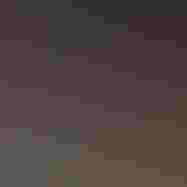
Spatial Ecologist
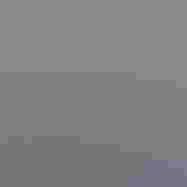
Specialist, Climate Science

Senior Manager, Quantitative Science

Specialist, Avian Biology
We aspire to practice translational ecology whenever possible and believe, through our collective experience, that the best science is produced in collaboration with diverse stakeholders. This includes our commitment to equity, diversity and inclusion.
Let us send you the latest in bird and conservation news.
